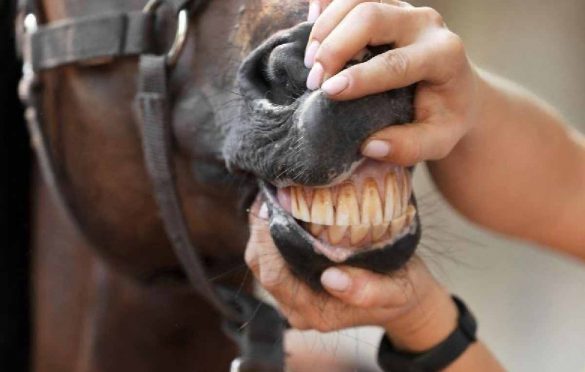How To Preserve a Horse’s Teeth?

Tomfoolery a tremendous job all over the planet in various areas, remembering for horse racing, where the equines are the superstars.
While wounds are a lamentable piece of the game that millions watch consistently, there is additional work that goes into really focusing on the creatures from the track.
As well as essential medical care to ensure that the risk of injuries is limited, horses, like humans, need to have their teeth check regularly in order to reduce the risk of sickness or illnesses. They say never look a skill horse in the mouth, but if you own one you definitely must be sure that the animal does not suffer from teeth or gums-related ailments.
So, how do those that look after the equine stars look after the teeth of horses?
How Regular Are Horse’s Teeth Checked?
Like humans, horses also need to have their teeth checked by medical professionals regularly, and it is an needed factor that needs to be considered to keep the animals healthy.
Before races, all horses in the Churchill Downs or Del Mar betting favorites have their mouth checked to make sure they are not going to suffer from toothache, which will cause them to underperform.
Ponies are like people in numerous ways, including the way that they have two arrangements of teeth during their lifetime. The baby teeth that come through first are temporary and may come through before the horse is born.
The baby teeth continue to come through till the animals are around eight months old. However, the baby teeth soon become replaced by adult teeth by the time that they are half way through their second year. By the time that horses are five, they will have 40 permanent teeth, while mares may have slight fewer than the male horses.
What Are Common Horse Dental Problems?
There are a number of details why the horses’ teeth need to be checked regularly, as they can help identify certain problems in the mouth area. There stay a number of common dental problems that have been found with horses throughout time, including common issues such as excessively worn teeth, long teeth, and infected gums or teeth.
One of the main issues that dentists working with horses will be keen to find at an early stage are gum disease and retained caps. When it comes to performance horses some of the key factors that could have a direct impact on how a horse performs may stem from a dental problem, including discomfort when biting and hooks forming in the upper or lower cheek tooth.
Both of these issues will have a direct impact on the horse and their ability to eat, which means that the horse won’t be as strong when it comes to performing on the big day. Regular check-ups help solve these issues at an early stage, and ensure that the performance of the horse isn’t in doubt.
How To Recognise Dentals Problems
As a horse’s caregiver or groom, it is often their job to pinpoint early signs that their horse could have an issue with their mouth or gums. There are a number of signs that could help pinpoint problems for an early stage, including horses that lose their appetite. Horses that aren’t eating as frequently as before would be a clear indication, as they would be worried to bite as the pain could cause them that much discomfort.
Meanwhile, the loss of body condition is another big indicator when it comes to finding an early problem with the gums. Other ways to recognize early dental problems include assessing whether the horse has swollen up on their face or has traces of blood or a foul odor coming from their mouth or nostrils.
Horses that just generally look unhappy could also have something wrong with their mouth or gums, as animals that are tossing, tilting their head or bit chewing could have dental issues that need addressing in the near future.


